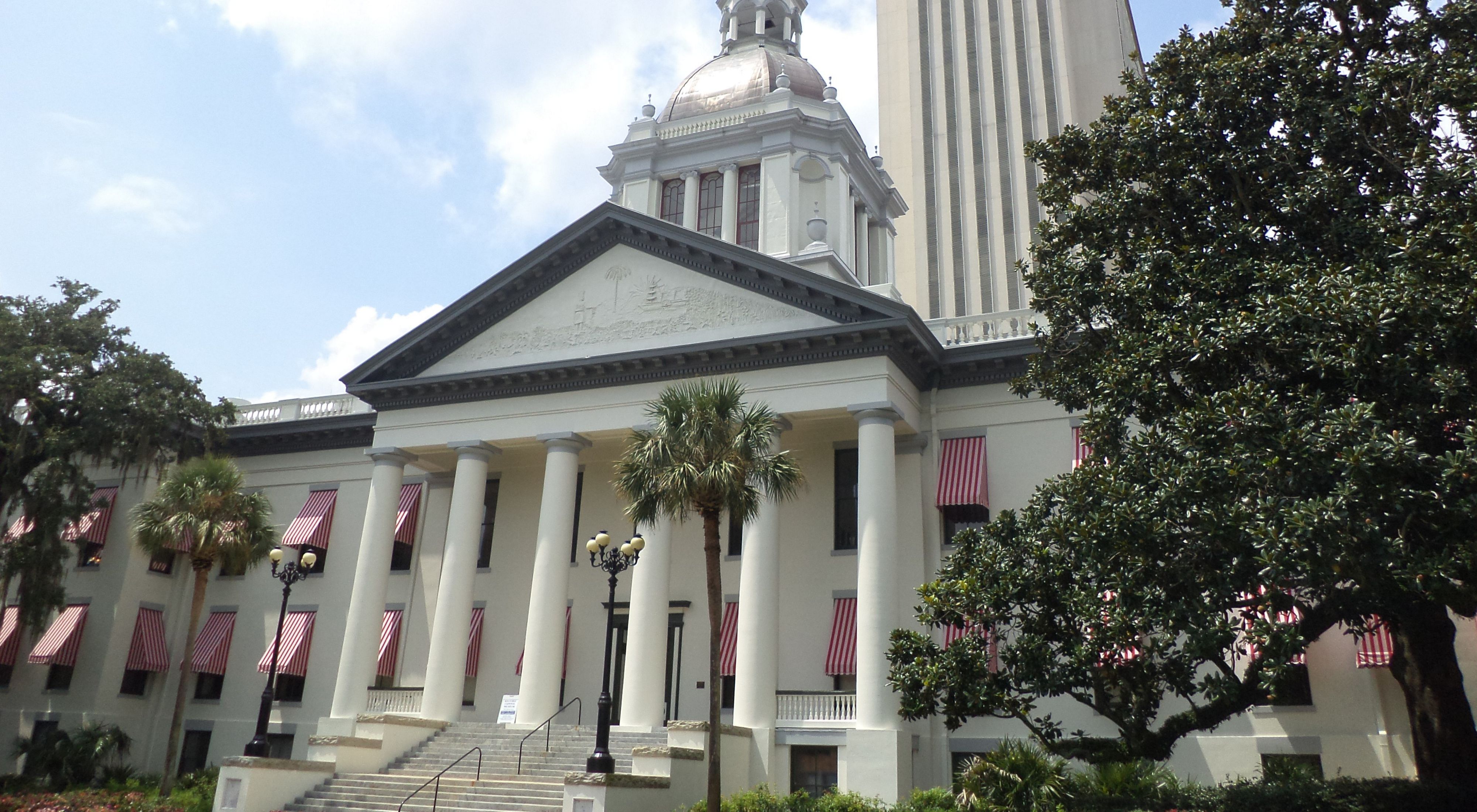Government Relations
Using our powerful voice to support conservation in the Sunshine State.
The Nature Conservancy in Florida (TNC) accomplishes so much through our projects and programs across the state while providing sound science and expertise to those in government who prioritize and act on our conservation challenges. We engage with city, county, state and federal representatives, making recommendations to influence policy and keep nature at the forefront of decision making.
We are looking forward to another great Florida legislative session in 2024.
TNC shares conservation messages with legislators to empower positive action and thoughtful discussion based on our strategic plan to achieve TNC’s 2030 goals.
We meet regularly with legislators on issues important to the future of nature and people. In their own districts and beyond, representatives have joined us outdoors to get a first-hand look at issues, natural systems and management. Officials have joined us at our preserves, in the water and even onsite for prescribed fire among the longleaf pines. There’s nothing like experiencing nature close up to gain a deeper understanding and a feeling of ownership that encourages protection, conservation and the allocation of much-needed funds.
TNC’s government relations team continues to build support and find innovative ways to reach lawmakers as we strive to address climate change and sustain healthy lands, oceans and waters, including by providing food and water sustainability.
2024 Legislative Results Report
See the Results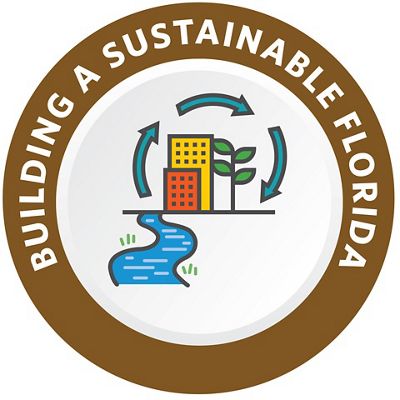
Building a Sustainable Florida
Collaborating with local governments and coalitions to guide smart land use in Central Florida will preserve natural biodiversity, protect water quality and quantity, encourage economic growth and allow people and nature to thrive.
The time is now to protect Florida’s natural lands. In recent years, local government leaders in Central Florida have been advancing programs and policies that enhance sustainable development and community resilience while reducing the impact of an expanding urban footprint. We will draw on this momentum to protect critical lands and waters.
We will support transformational change to Florida development patterns and practices by building a strong and diverse coalition focused on sustainable growth, ecological biodiversity, protection of water quality and quantity, urban conservation, community resiliency, human health, equity and social justice.
In our state capitol, we will:
- Support projects and policies that reduce impacts to green spaces and water resources, improve urban resilience and enhance the capacity of a city’s utility systems, businesses, institutions, communities and individuals.
- Support legislation that prioritizes state investments in innovative stormwater infrastructure.
- Support FDOT prioritization of green infrastructure in design, construction and reconstruction/repair of public highways that will meet the demands of Florida’s climate change challenges and improve community resilience.
- Support energy, water and land-use efficiency opportunities.
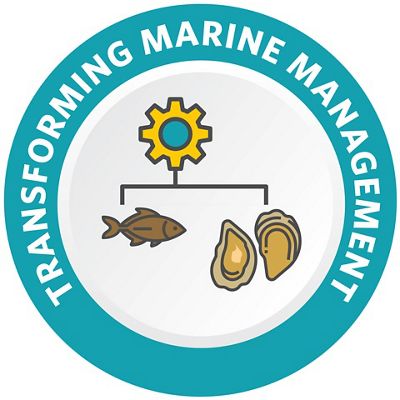
Transforming Marine Management
Partnering with stakeholders, we will improve the sustainability of Florida’s fisheries through new and revised policies, modernization of fisheries management data systems and pilot projects to improve fishing practices—efforts that will collectively improve ocean health.
At more than 1,300 miles, Florida has the second longest coastline in the U.S. More than three quarters of the state’s 21 million residents live in its 35 coastal counties. In 2020, activities relying on the ocean and coastal resources contributed $73.9 billion to Florida’s economy and created more than one million jobs.
TNC in Florida is uniquely positioned as a science-based organization with experience bringing diverse stakeholders together and is a trusted partner among management agencies, scientists, recreational anglers and the oyster industry.
In our state capitol, we will:
- Support the continued funding for Panhandle Estuary Programs in Florida.
- Support appropriations for coastal and marine restoration and management efforts.
- Develop and implement state policies to enable improved fisheries management.
- Advocate for continued funding of state and local government efforts to address sources of pollution such as stormwater runoff and septic tanks, including septic-to-sewer conversions. These efforts will also aid our Building a Sustainable Florida initiative.
- Support development and adoption of FDEP rules that improve water quality (e.g., stormwater and septic tank siting rules).
- Support/Encourage/Champion implementation of recommendations of Blue-Green Algae Task Force not previously adopted.
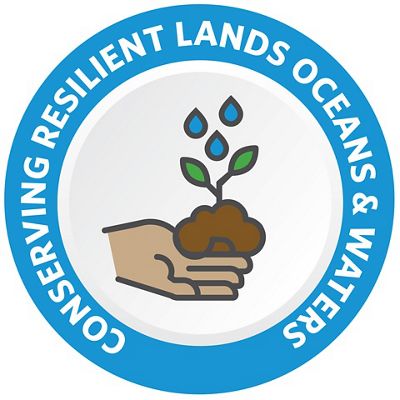
Conserving Resilient Lands, Oceans and Waters
We will conserve a network of resilient and connected lands, oceans and waters critical for carbon sequestration and for preserving biodiversity by creating a connected landscape for wildlife to move and adapt to a changing climate.
At the heart of TNC’s mission is a simple yet challenging premise: to conserve our freshwater, terrestrial, estuarine and marine ecosystems and the biodiversity they hold. Those ecosystems face a host of threats—chief among them the risks posed by a changing climate. The reality of these increasingly urgent threats has required us to reaffirm our commitment to TNC’s mission and to add to it: We must conserve the lands, oceans and waters that allow nature to adapt to a changing climate; we must create connected natural corridors; and we must focus on natural climate solutions that sequester carbon.
Our conservation priorities guide us to move Florida toward increased biodiversity resilience and natural climate solutions. We are using a connected ecosystem approach—working across land, freshwater and marine landscapes to allow nature to adapt to a changing climate.
In our state capitol, we will:
- Advocate for consistent long-term appropriations to address land acquisitions and conservation easements on rare and sensitive lands.
- Partner with and provide technical assistance to state agencies in order to execute existing conservation real estate transactions.
- Support policies that require consideration by Florida road building and other infrastructure authorities to avoid negative impacts and/or acquire land identified as high-priority Wildlife Corridor tracts.
- Support policies and funding that reduce discharge of nutrients into Florida’s springs, rivers, lakes and estuaries.
- Support future Florida land acquisitions that address strategic needs such as connecting wildlife corridors, enhancing water quality and water storage, or providing buffers to existing state-owned lands.
- Support implementation of conservation easements on critical parcels, like those in the Rural and Family Lands program, as easements are invaluable to keeping agriculture vibrant in Florida and ensuring the long-term sustainability of our precious Florida lands.
During the 2023 Florida Legislative Session, TNC advocates for the following investments:
- Florida Forever at $100 million.
- Rural and Family Lands at $100 million.
- Florida Communities Trust at $10 million.
- Everglades funding to meet the governor’s request to continue to implement the State’s role in the Comprehensive Everglades Restoration Plan.
- FWC, FDEP, FDACS funding for coastal and marine fisheries habitat, restoration and management—$50 million.
- Land Management—$30 million to FDEP and the Division of Forestry; grow land management funding to FDEP and grow agency land management funding in:
- Division of Forestry
- DEP DSL Land Management
- DEP Parks Land Management
- Water Management Districts
- Greenways CARL Land Management
- FWC land management, including Invasive Plant Management
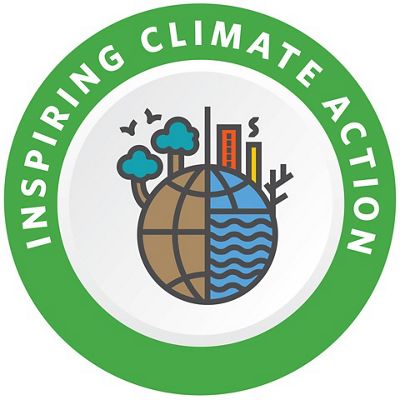
Inspiring Climate Action
To limit global warming to less than 1.5 degrees Celsius, we must ensure that ambitious state and federal greenhouse gas emissions reduction policies are enacted by broadening support for climate action among Florida’s citizens and policymakers.
In Florida, the impacts of climate change are particularly urgent. The state is already confronting the devastating impacts of a warming world, including coastal flooding, more frequent storms and damage to coral reefs and other critical habitats. Yet those challenges also present an opportunity. Florida is poised to rewrite its story as one of strength, rather than vulnerability.
The world must take decisive action in the form of climate mitigation—efforts to reduce greenhouse gas emissions and transition to renewable energy sources. As we continue to strengthen our position as a trusted voice on climate mitigation and policy, we will use that voice to influence key constituencies and enact climate mitigation policies at the state and national level.
In our state capitol, we will:
- Support adoption of a net zero greenhouse gas emissions goal for Florida.
- Support legislation to create a state climate action plan focused on reducing greenhouse gas emissions and promoting the decarbonization of Florida’s economy in major economic sectors including electric generation, transportation, industrial and agriculture.
- Oppose legislation that limits or preempts the ability of local governments or regional resilience or climate collaboratives to enact or implement zero carbon goals.
- Support legislation that incentivizes use of renewable distributed energy technology to provide resilience for critical facilities—schools, hospitals, emergency operations centers, libraries (cooling centers)—for emergency management and disaster recovery.
- Oppose legislation that makes it more difficult for homeowners and businesses to deploy rooftop solar energy.
- Support budget authorization for the Florida Department of Transportation to spend federal infrastructure bill grant funding of $198 million over 5 years for electric vehicle infrastructure planning and deployment, including use of solar and battery back-up power at stations.
- Support Florida Department of Transportation’s development of the federal-infrastructure-bill-authorized “Carbon Reduction Program” whereby Florida is allocated $320.4 million over 5 years and $61,565,025 in FY 2022 to implement transportation-related carbon reduction strategies. Support legislative authorization for FDOT to spend these funds and participate in the development of the state Carbon Reduction Strategy Plan that must be submitted to the federal Department of Transportation by November 15, 2023.
- Support legislation to back the purchasing of electric vehicles in state and local government procurement.
- Support legislation to fund implementation of emergency management recommendations of Florida NEVI plan.
- Support adoption of an ambitious EV adoption goal based on the aggressive scenario identified in FDOT’s Electric Vehicle Master Plan.
- Support legislation that develops carbon sequestration strategies in Florida agriculture.
- Support FY 2023-2024 funding for the Resilient Florida program including $2 million allocation for Regional Resilience Collaboratives. Engage in development of FDOT Resilience Plan required by 2022 legislation.
